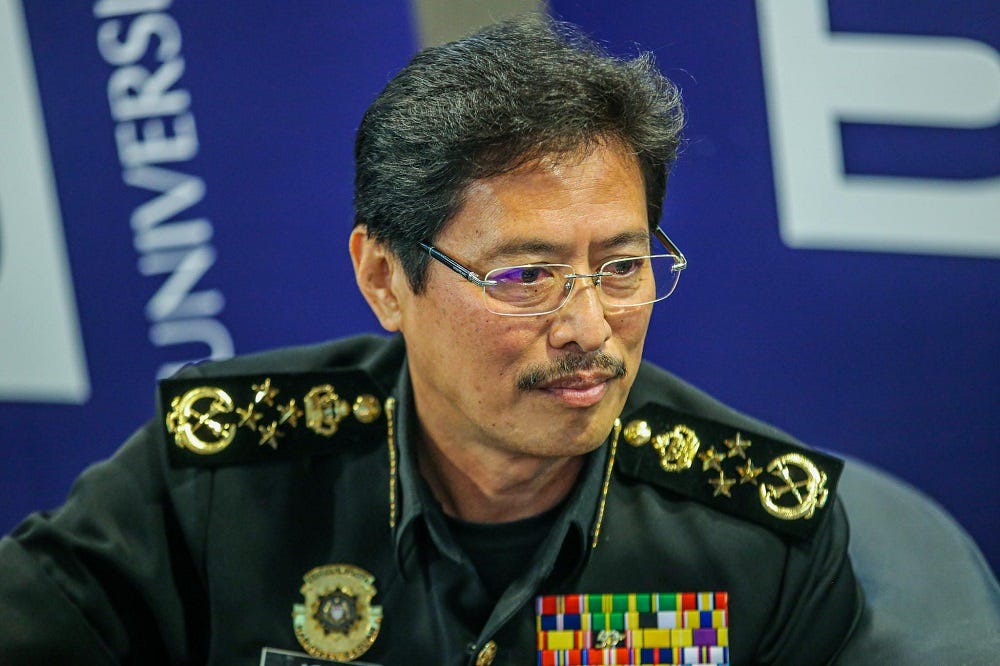Malaysia’s Corruption Watchdog Under Fire
Anti-Corruption boss’s irregular share trading draws public fire
For weeks, Malaysia’s Anti-Corruption Commission has been embroiled in a scandal over the purchase, under his brother’s name, of millions of shares in two companies by Chief Commissioner Azam Baki (above) in defiance of laws prohibiting the trading of stocks by public servants.
Baki’s explanation of the transactions has mollified no one in the political …
Keep reading with a 7-day free trial
Subscribe to Asia Sentinel to keep reading this post and get 7 days of free access to the full post archives.




